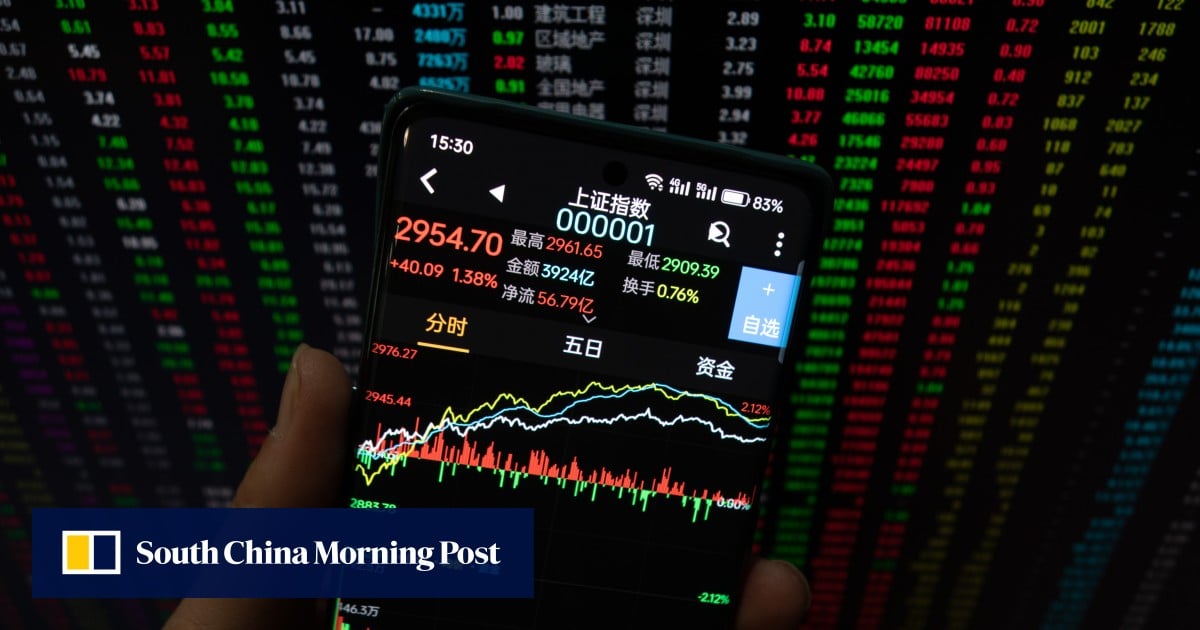
02 Jan Sanctioned Chinese companies, shunned by foreign funds, are top picks and winners at local funds
China’s biggest semiconductor maker SMIC, oil explorer CNOOC, cybersecurity company 360 Security Technology, and cellular-network operator China Mobile – among the 10 largest sanctioned entities – rose by 15 per cent to 147 per cent in onshore markets last year.
Funds managed by E Fund Asset Management, ChinaAMC and other local peers profited from owning these shares last year, according to their latest reports to clients. In contrast, the broader CSI 500 Index of onshore stocks fell by 7.4 per cent last year, while the 82-member Hang Seng Index slipped 14 per cent.

“US-China sanctions are multiplying in both directions,” said Dan Alamariu, chief geopolitical strategist at Alpine Macro, a research firm based in Montreal. That would add to market uncertainty if they indeed intensify, with sectors including tech, health and biotech, advanced manufacturing and even finance all facing “significant risks.”
Sanction risk puts China stocks in valuation trap as firms face Russia dilemma
Sanction risk puts China stocks in valuation trap as firms face Russia dilemma
“China market de-rated,” strategists at Bank of America Securities said in a note to clients on December 12. “Stocks well-owned by foreign investors suffered more derating, while stocks on various sanction lists outperformed.”
Foreign funds pulled US$28 billion from China’s onshore stock markets last year, mostly in the second half as the nation’s economic recovery lost momentum. Net inflows amounted to only US$6 billion by mid-December, the lowest since 1996, according to Goldman Sachs, shrinking from as high as US$28 billion in June.
It is fair to say that global funds will continue to shun sanctioned Chinese companies for compliance reasons. That would continue to keep these stocks away from the glare of investors and reduce their price volatilities.
“The outperformance could be led by domestic patriotic buying and some investors betting on the end of major outflows post sanctions,” said Willer Chen, a senior analyst at Forsyth Barr Asia in Hong Kong. “The domestic buying will protect the downside a bit for these names.”

